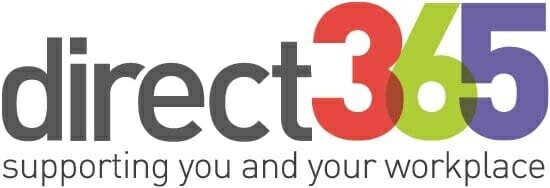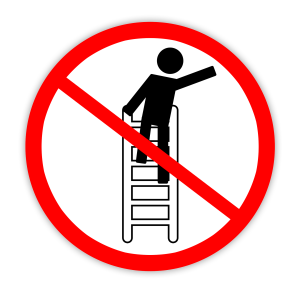
• New survey shows that more than a third of people in the UK think that their employer could make more of an effort to improve workplace health and safety
• This year’s World Day for Safety and Health at Work is focusing on the impact of work-related stress
• Direct365 speaks to health and safety experts to discover steps employers can take to protect their workers
New research carried out by facilities and building maintenance specialists Direct365 has revealed that one in three people in the UK believe that their employer could be doing more to improve health and safety in the workplace.
Every year, the International Labour Organization holds a World Day for Safety and Health at Work, with this year’s theme being workplace stress.
Phil Turner, Head of Digital at Direct365, says that companies shouldn’t become complacent about health and safety in their workplace, even when they think they have done enough: 
“People spend a lot of their lives at work, so it is essential that they are kept as safe as possible during that time. Employers may believe that their work environments are up to scratch but, as our research shows, there is always more that they can be doing to make improvements, whether that change is big or small.”
To mark this year’s World Day for Safety and Health at Work, Direct365 has spoken to industry experts to garner some tips that employers can use to make their working environments safer.
Provide more basic training
The UK is well-known for its stringent health and safety procedures, but not every country has the same standards. Phil Banks, Managing Director of Health and Safety Training LTD, says that companies who hire from outside the UK should take steps to ensure everyone understands the rules and the part they play in keeping everyone safe and healthy:
“Of increasing importance for the future of health and safety is providing workers with basic skills training, such as English and maths; this is especially important for the increasing number of migrant workers who may have learned their trade under a different culture of health and safety.
“Ensuring these workers have the basic skills to communicate with colleagues and employers will help them to integrate into their workplace more effectively, which in turn will allow them to develop a better understanding of health and safety regulations.”
Ensuring that all the equipment in your office or workplace is both working and compliant with the right regulations for your industry should be another high priority for employers. Phil Turner advises that conducting regular checks around the office is a simple way for businesses to steer clear of potential accidents:
“Employers should regularly review their safety procedures, and ensure that all current and existing employees are aware of them. This includes the locations of fire extinguishers and fire exits, the safety of each individual’s working area and where the first aid kits are. Any missing or damaged equipment should be replaced as soon as possible, and regular training sessions should be held for those who have fire safety or first aid responsibilities.”
Plan for the worst
No one can predict when an incident will occur, but the ability to react well under pressure, especially in a workplace environment, can make all the difference. Jess Penny, General Manager of Sales at Penny Hydraulics, recommends that businesses plan in advance for every eventuality:
“Have a concrete action plan for as many potential accident and emergency scenarios as possible, this will include an order of the events that need to take place in the event of each emergency scenario. In a panicked situation, people need to know what they are required to do and in what order.”

